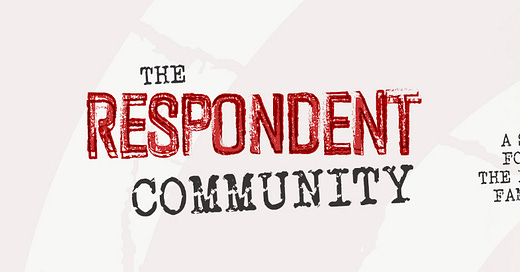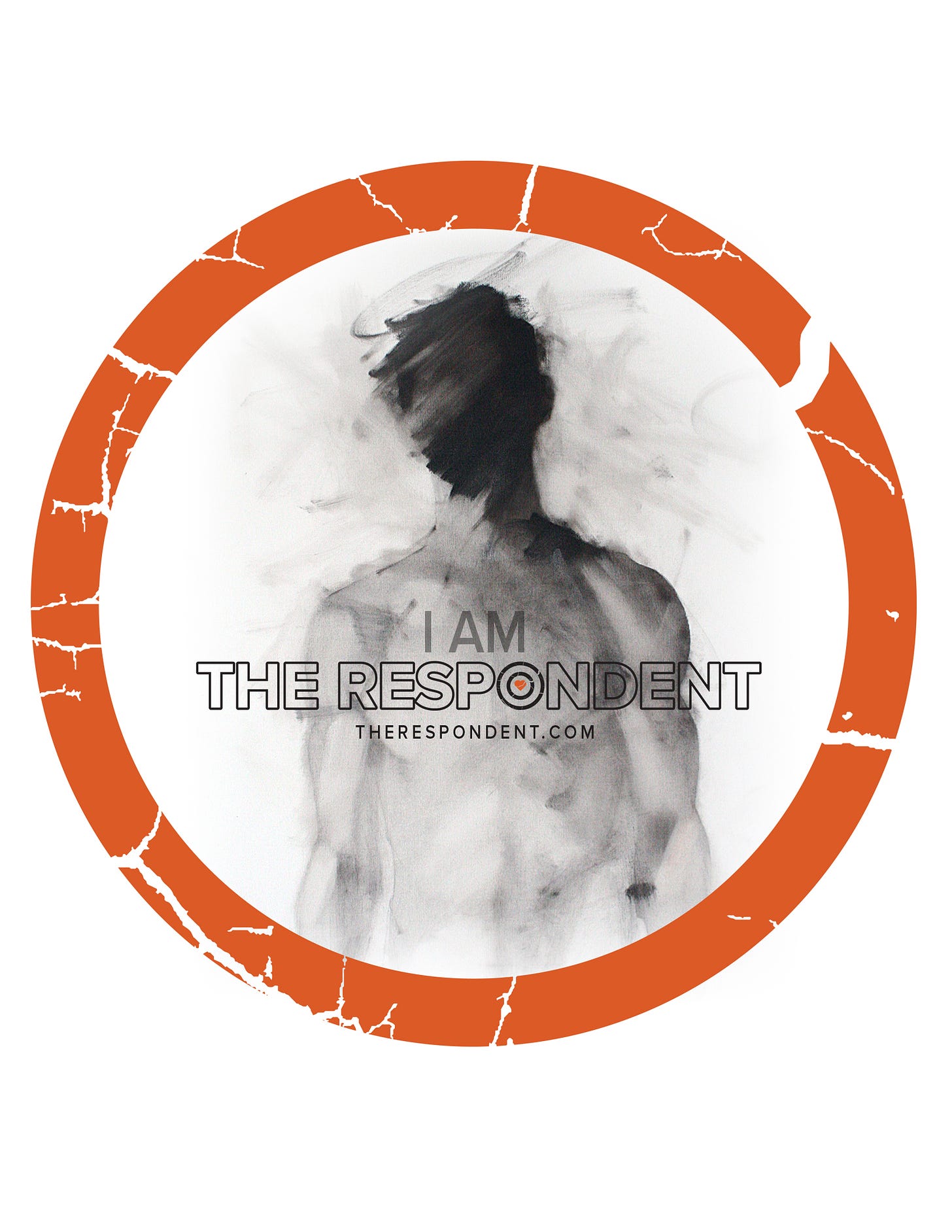The diamond of a wedding ring doesn’t reveal its true sparkle until mounted in a setting befitting the stone. In just the same way, the soul-destroying bleakness of the family law system can’t be fully appreciated until you’ve spent some time in the bunker of misery that is the Stanley Mosk Courthouse in downtown Los Angeles—ground zero for the burning down of many Hollywood marriages to their foundations.
Thomas Hobbes could not have imagined a drearier salute to the dyspeptic human condition. Fittingly, the main corridors of the courthouse are stone composites in total grayscale—stone floors, stone walls, stone benches. The dull gleam—maintained by some diligent nocturnal cleaning crew charged with washing away the day’s metaphorical bloodshed—doesn’t fool any of the stone faces shuffling through the halls during office hours.
Over the past seven years, I have been required to visit the Stanley Mosk Courthouse more than eighty times. I’ve spent weeks of my life there, perched on benches and huddled in windowless meeting rooms. Then there were all the late-night hours spent “preparing” for the divorce and custody proceedings, poring over court documents written in legalese and bloated with dark fictions, and struggling to comprehend shapeless monsters described by distracted lawyers in oblique legal-speak that baffled the mind and flattened the heart.
My experience in the family law system stoked not just anxiety and suffering—though plenty of that—but also deep curiosity. I wanted to understand the nature of this legal artifice, the one that rips 4,000 children from their parents every day, shattering families and rending the very fabric of American society. I have since concluded that the family law system is, at least in part, a product of our willingness to participate in a shameful social kabuki dance that fortifies one of the most severe forms of gender bias in modern times—one rooted in the idea that women, just by virtue of being women, are the fairer sex.
As society has rightly broached the institution of family inclusivity, the traditional role of a family patriarch has been severely denigrated. The thread of virtue that fathers had woven into the tapestry of Western civilization over generations has been quickly yanked out by radical, fourth-wave feminists, mindless pop culture memes, and a broken family law system. As the appreciation of fathers dwindles, fatherlessness has grown to epidemic proportions that few are willing to admit. Family law is only further compounding the problem. Children who live absent their biological fathers are, on average, at least two to three times as likely to use drugs, experience abuse, or go to prison. They are twice as likely to drop out of high school, and much more likely to live in poverty. They are seven times more likely to become pregnant as teens. On the other hand, children who grow up with their biological fathers have stronger cognitive skills, better health, more confidence, and—counter to the progressive narrative—more empathy.
The dominant notion of the fairer sex is a misguided interpretation of human nature—and we all know it. We need only look to the great literature of the ages to understand that the pedestal we have erected is based on bunkum. The human condition is complex, and breaking bad is an equal-opportunity sport. This is no exoneration of men and our many foibles. It is undeniable, for example, that men are more physically violent. But we have known for centuries that there are other avenues for causing our fellow humans pain. We’re all aware that, deep in our DNA, there are tools at our disposal to take another’s life without so much as laying a finger on them.
Men and women may exploit these tools differently, yet they share in the capacity to wield them at the expense of others. There is equality in toxicity. When it comes to divorce with children—when your own flesh and blood and life’s work are hanging in the balance—a woman is capable of being every bit as cruel as any man. This is neither criticism nor condemnation. But rather a simple, clinical fact that women are human, and thus vulnerable to the malicious frailty in the same manner as their male counterparts.
Just as importantly, a man can and does suffer the resulting torment with the same emotional pitch as a woman. Part of a natural tendency for many men is to be more stoic and less expressive about suffering. Despite a growing chorus of people convinced that this tendency is a “social construction,” the reality is more complicated, and what many designate with finality as a problem needing to be solved might as easily be viewed as a virtue.
Whatever one believes, the reality that men feel the pain of family separation is perhaps most starkly illustrated by one statistic. Within the regular parameters of the American life, men kill themselves almost four times more than women. This is stunning, and it’s a tragedy that’s largely ignored. Even worse is the fact that fathers who have become ensnared in the divorce system kill themselves eight times more than mothers. So for every child who loses their mother to suicide during or after divorce, eight children lose their father. This is nothing short of a national health emergency demanding an honest accounting of the conditions driving such despair.
Fueling this catastrophe is our country’s Family Law Cartel, lumbering forward and compiling its list of victims. Inundated like so many of our other institutions by woke culture—and its noxious precept of “toxic masculinity”—it incentivizes parents, particularly mothers, to act deceitfully. How, then, can we expect the result to approximate justice? A judge presiding over you, and empowered to determine your fate, has no insight into your soul. He or she relies almost entirely on a system as well as the prevailing dictates of elite culture that preternaturally assigns you the status of perpetrator.
In family law, the person who files for marriage dissolution is known as the petitioner, which is the equivalent of a plaintiff. The petitioner places themselves at a supreme advantage, and a mother petitioner claiming victimhood at the hands of a bad man is almost untouchable. In family law, much like in many areas of modern life, victimhood has become a powerful currency, and the parent willing to communicate their victimhood the quickest and the loudest gains a massive, and often sustaining, advantage.
By definition, if the mother is the petitioner, the father becomes the respondent—the equivalent of the defendant. The respondent is immediately at risk of being cast as the de facto villain of the story, continually burdened with disproving the blizzard of allegations leveled against him—regardless of their truthfulness—and proving they are contrite, praying for the mercy of the court, and working tirelessly to reform their defective character. Always? Of course not. Though the rot in the system means the truly innocent man is left susceptible to an assumption of guilt.
It is not an exaggeration to call the divorce industry an anarchic gauntlet. The callous legal construction ensures a lack of accountability for the professionals who work within its ranks and, in many cases, constitutes a clear conflict of interest. The cracks in this broken system are veritable chasms for unscrupulous parents looking to expediently debilitate their soon-to-be exes. Mothers, the stats bear out, are simply a faster draw, and fathers almost always wind-up eating dust as the respondents.
The cruel irony is that this system—the stated purpose of which is to resolve conflict—more often perpetuates the fight, pitting two desperate people against each other and kicking any sense of responsibility down the road. When victimhood is rewarded, responsibility never follows. And, in risking the future of our country, it is our children who by far pay the highest price.
Greg Ellis is an actor, activist and author of The Respondent.








